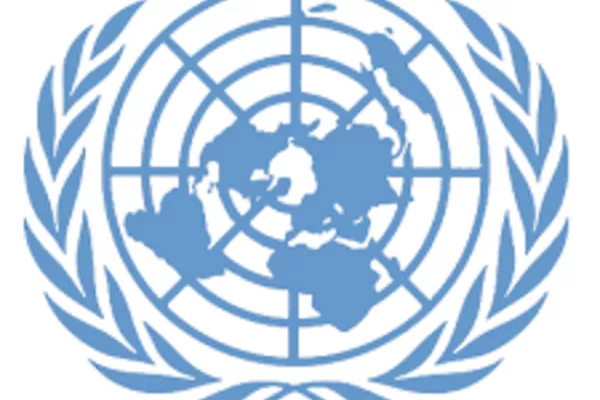Letter to the NZ Ambassador to the UN about rare disease resolution
9 Jun 2021
None
I am writing to you from Rare Disorders New Zealand (RDNZ) as the peak body in New Zealand representing all people with rare disorders (we use the term disorders but internationally it is stated as rare disease). Although individually rare, collectively these disorders are actually common with 1 in 17 people being affected. Most persons living with a rare disease (PLWRD) around the world are at the margins of society, unrecognised, stigmatised, and discriminated. They face a lack of understanding of the multi-dimensional challenges that impact all aspects of their life, beyond just health. They are a psychologically, socially, culturally and economically vulnerable population, facing discrimination and specific challenges in healthcare, education, employment and leisure. The impact heavily affects families too and is detrimental to active participation in society, causing increased impoverishment and isolation.
This specific combination of vulnerability, exclusion and inequity is why the challenges of PLWRD need to be positioned as a human rights issue at the global level, and need to be addressed within the UN Agenda 2030: The Sustainable Development Goals (SDGs), in line with the principle to “leave no one behind” and the endeavour to reach the furthest behind first.
To ensure the wellbeing of PLWRD, it is necessary for Member States of the UN General Assembly to collectively promote measures that are multidisciplinary, holistic and person-centred, and that ensure non-discrimination and opportunities to contribute to society.
We are encouraged by the attention that PLWRD have progressively been given by an increasing number of governments worldwide although New Zealand has no formal recognition, framework nor specific policies at this time despite ongoing advocacy and discussion. In addition, the COVID-19 pandemic has highlighted the need to urgently address pre-existing health, social and economic inequalities, which will not disappear post-COVID-19 unless specific policies are put in place. It is our firm belief this is the time to make progress towards the SDGs in our country, to ‘build back better’ and ‘leave no one behind’.
Together with our international partners – the NGO Committee for Rare Diseases, Rare Diseases International (RDI) and EURORDIS-Rare Diseases Europe – we call upon you to support the adoption of a UN General Assembly Resolution on Addressing the Challenges of Persons Living with a Rare Disease and their families.
None
Rare Disorders NZ would be happy to arrange a meeting with you or your colleagues virtually to discuss this matter in more detail.
We, as the national organisation representing persons living with a rare disease in New Zealand, welcome any action you can take to improve the lives of your constituents living with a rare disease.
RDNZ is the connector hub for rare disorders in New Zealand and offers a central starting point for patients and families affected by a rare health condition. We help families, patients and healthcare providers find essential information and provide links to our support groups. We ensure important information is shared with our collective and that their voice is included in submissions and initiatives. RDNZ amplifies the collective voice of the rare disorder community and advocates for systemic changes to improve healthcare and wellbeing for this vulnerable group.
Sincerely,
None


